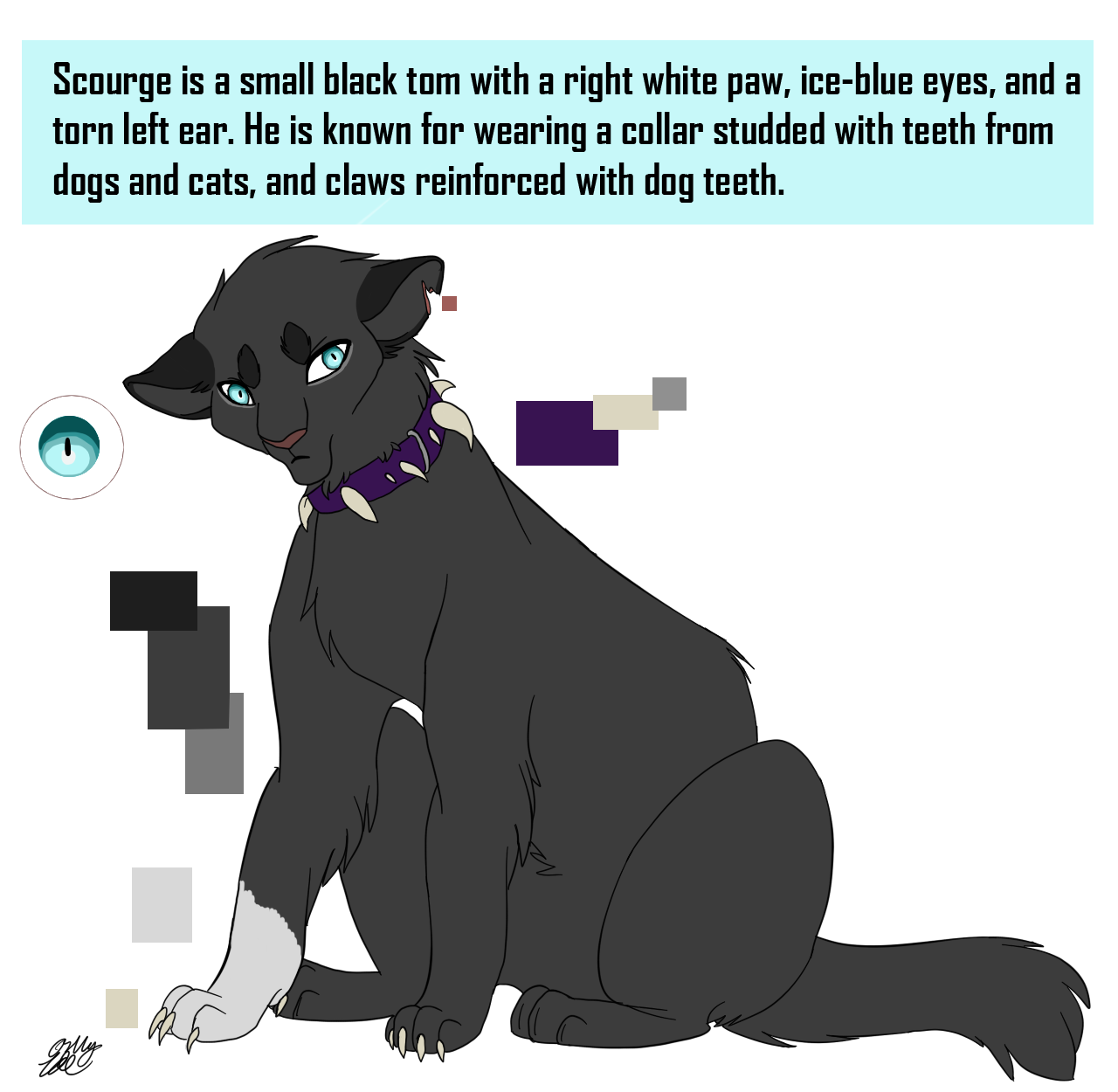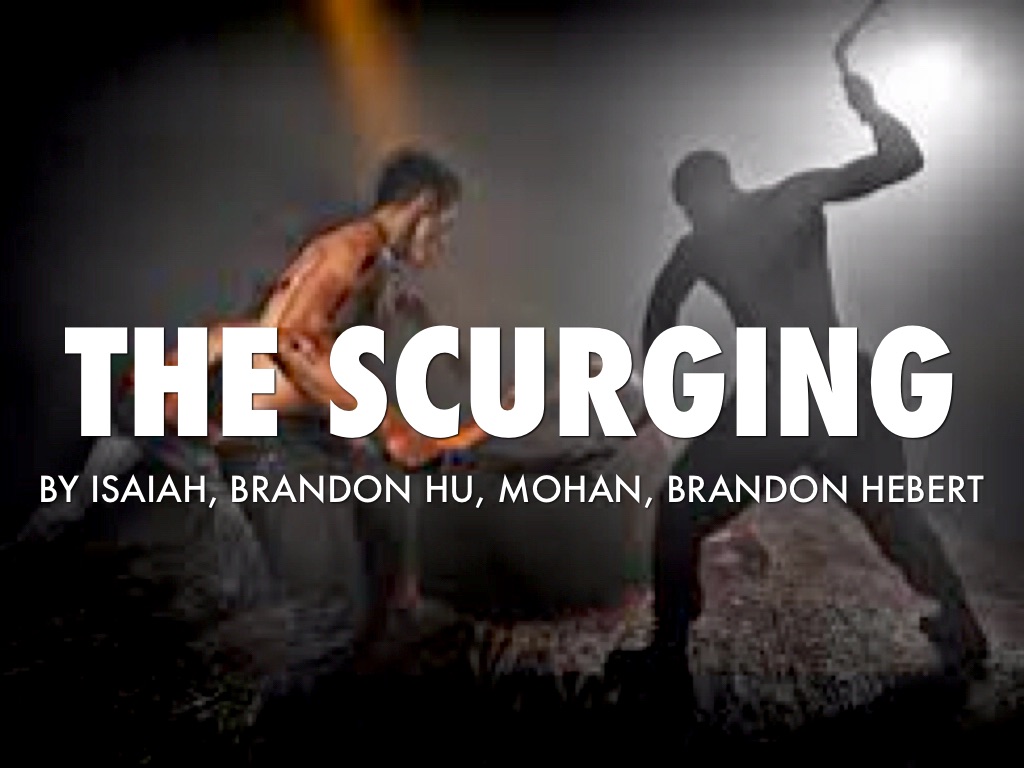

LH: I’d like to hear more about your specialty areas. And should you encounter navel-gazing in a work of genre fiction, it will be during a scene in which a character is admiring the midsection of his or her love interest rather than a passage in which the author, thinly disguised as the narrator, likens his life to a Buñuel film.

These are novels in which, if there’s an unreliable narrator, it’s likely to be in the sense that he or she is someone who can’t be trusted to meet another character at a place and time they've agreed.

They tend to be books that aren't say, experimental in form, however. That’s not to say that they can’t deal with big issues. We’re talking plot-driven novels with an emphasis on entertaining the reader. Another term for genre fiction is “commercial fiction”. The border between literary fiction and genre fiction can be a little blurred at times, but basically we’re talking about crime fiction, thrillers, sci-fi, romance, fantasy – that type of book – and the many sub-genres within those genres. Marcus Trower: Thanks for having me, Louise. So to start off, and for the benefit of those who are new to the field and unsure of the terminology, can you tell us what the term “genre fiction” means. Louise Harnby: Welcome to the Proofreader’s Parlour, Marcus, and thanks for taking the time to explore the field of genre fiction with us.


 0 kommentar(er)
0 kommentar(er)
